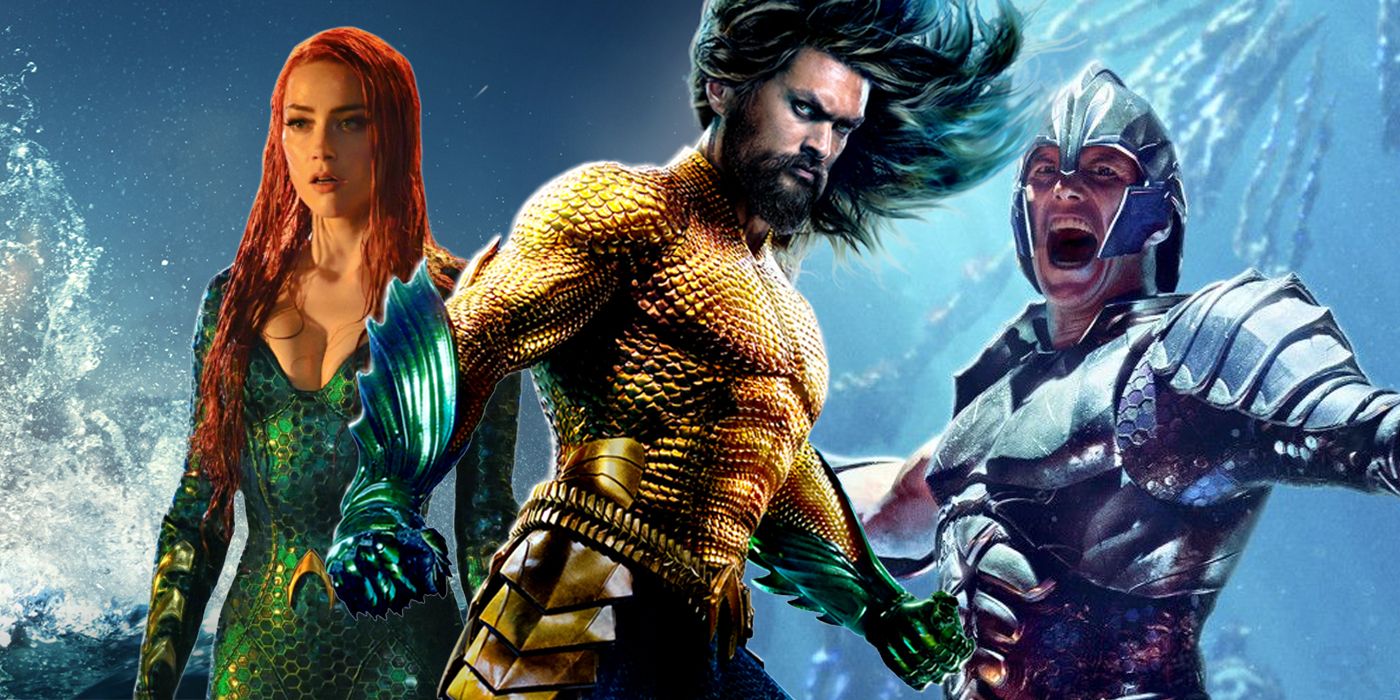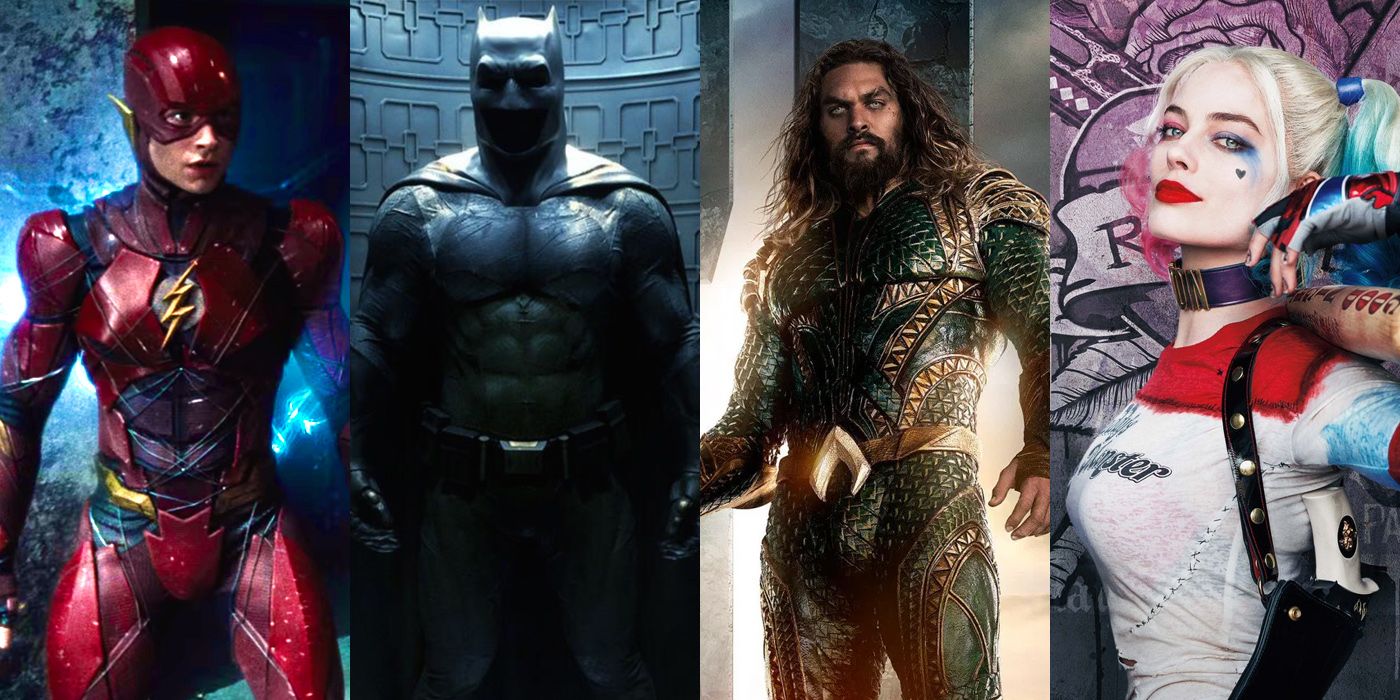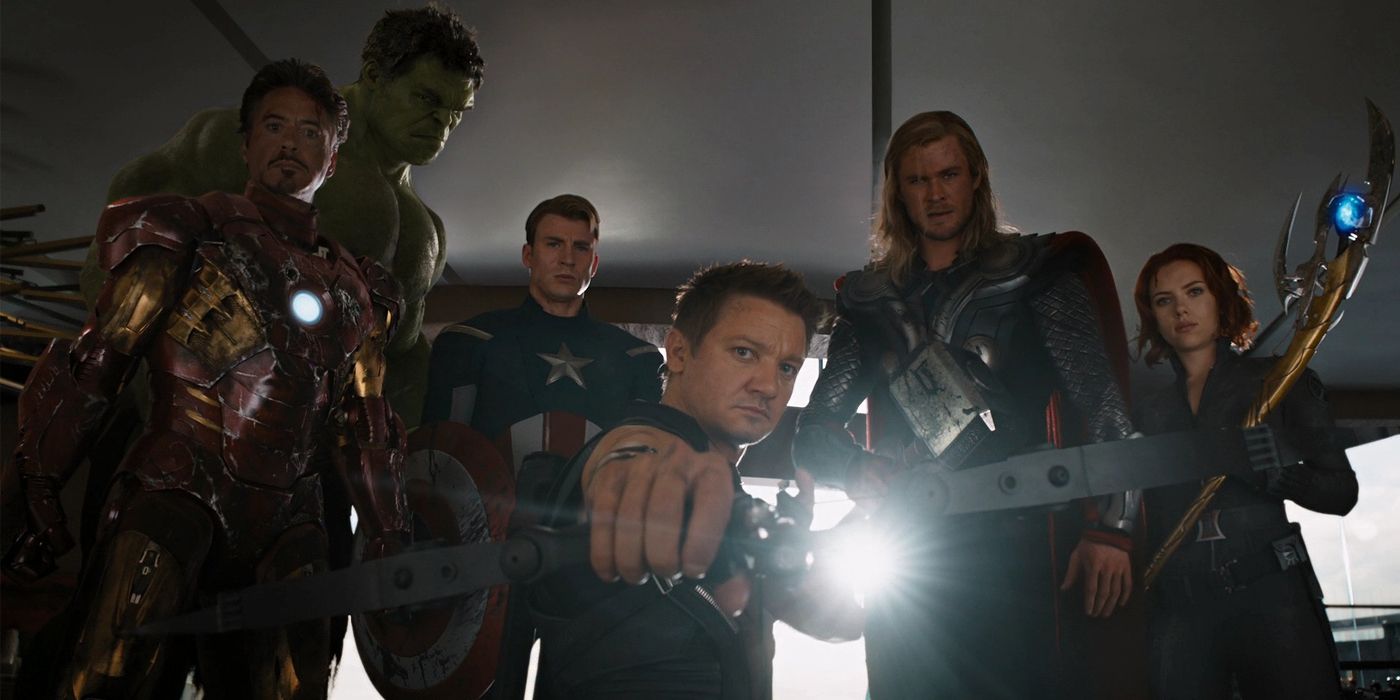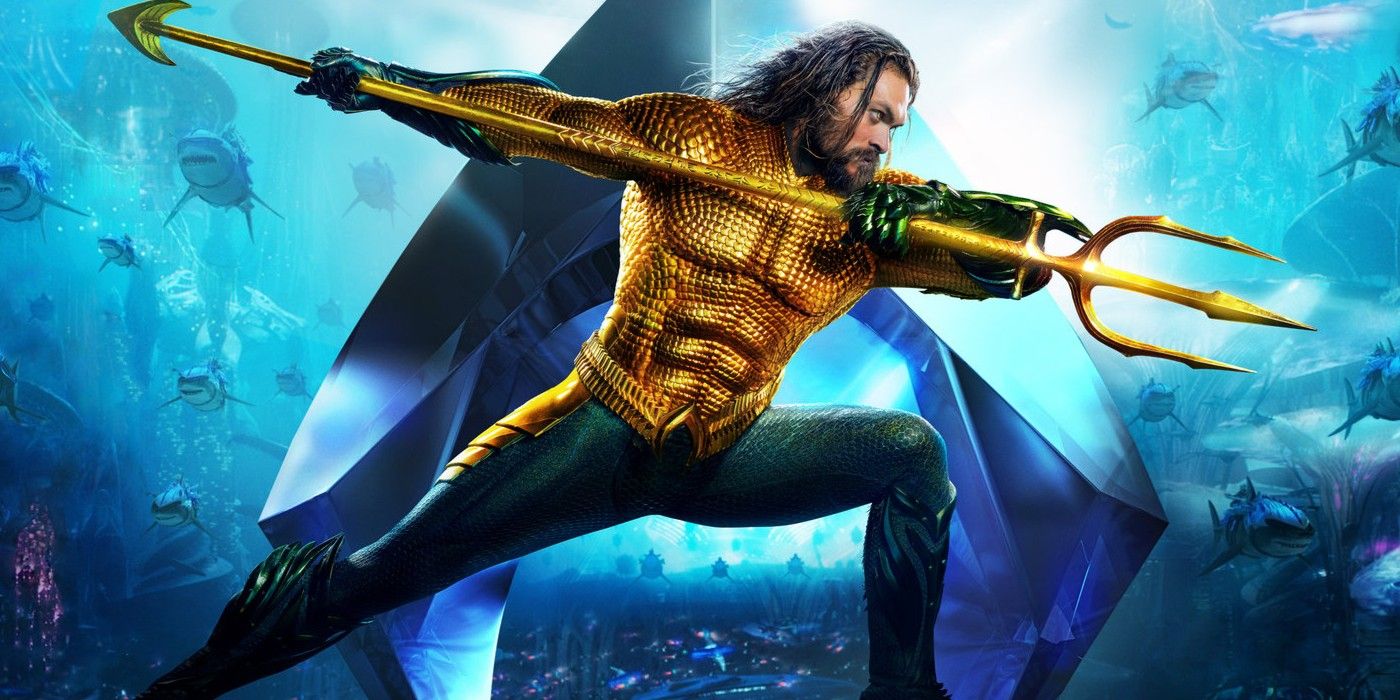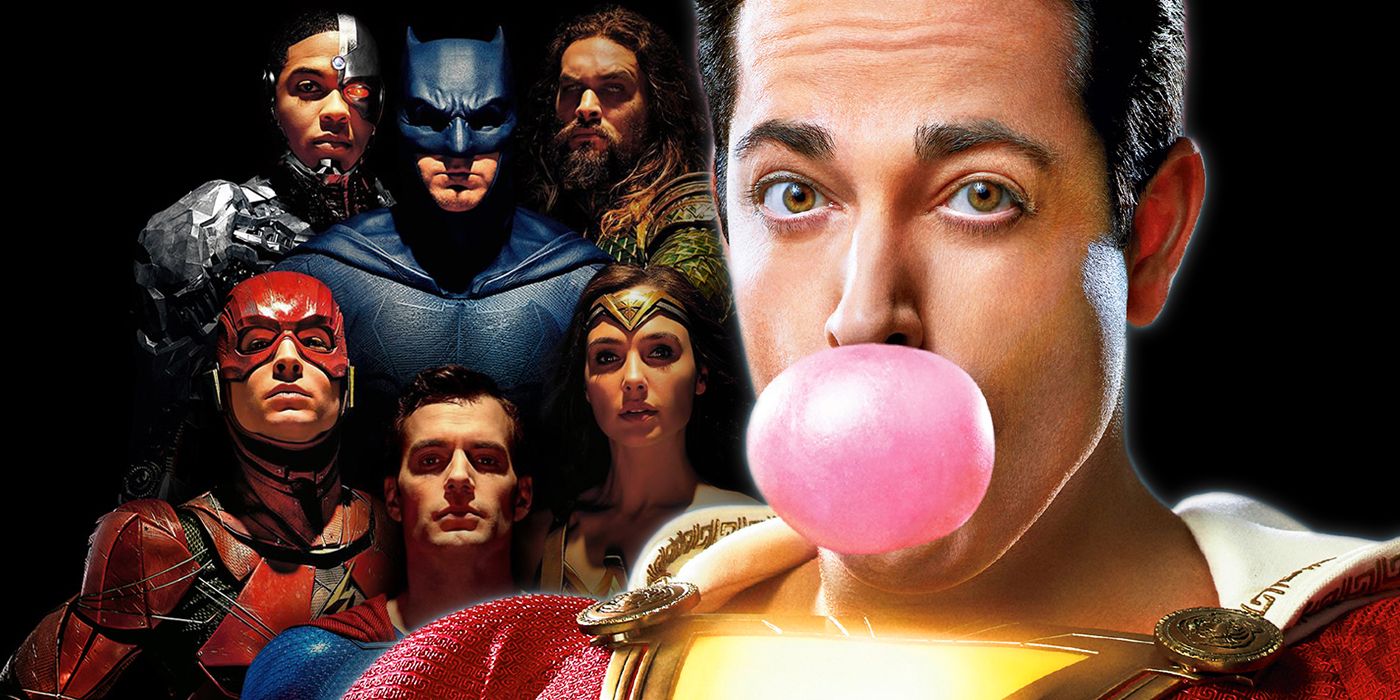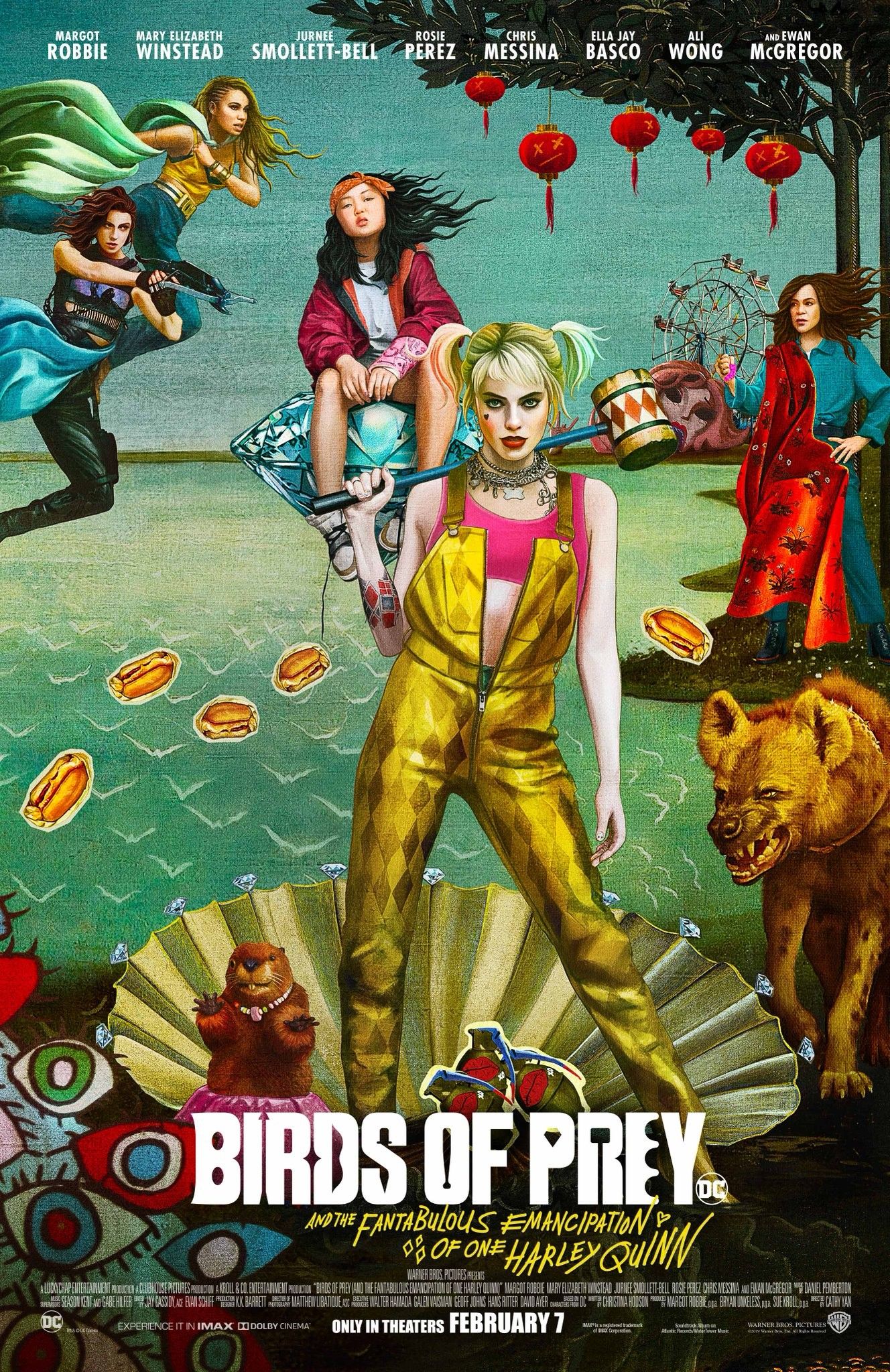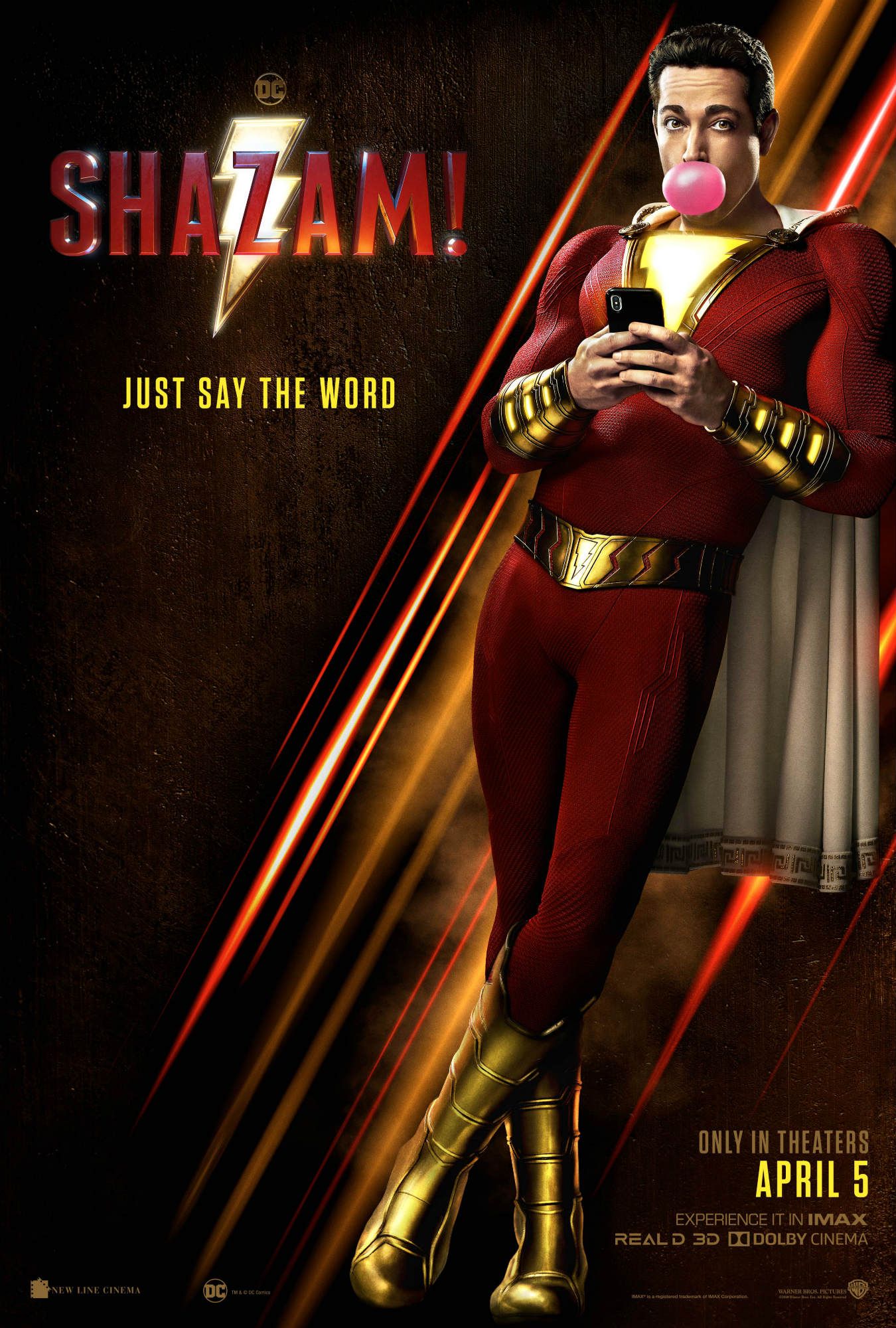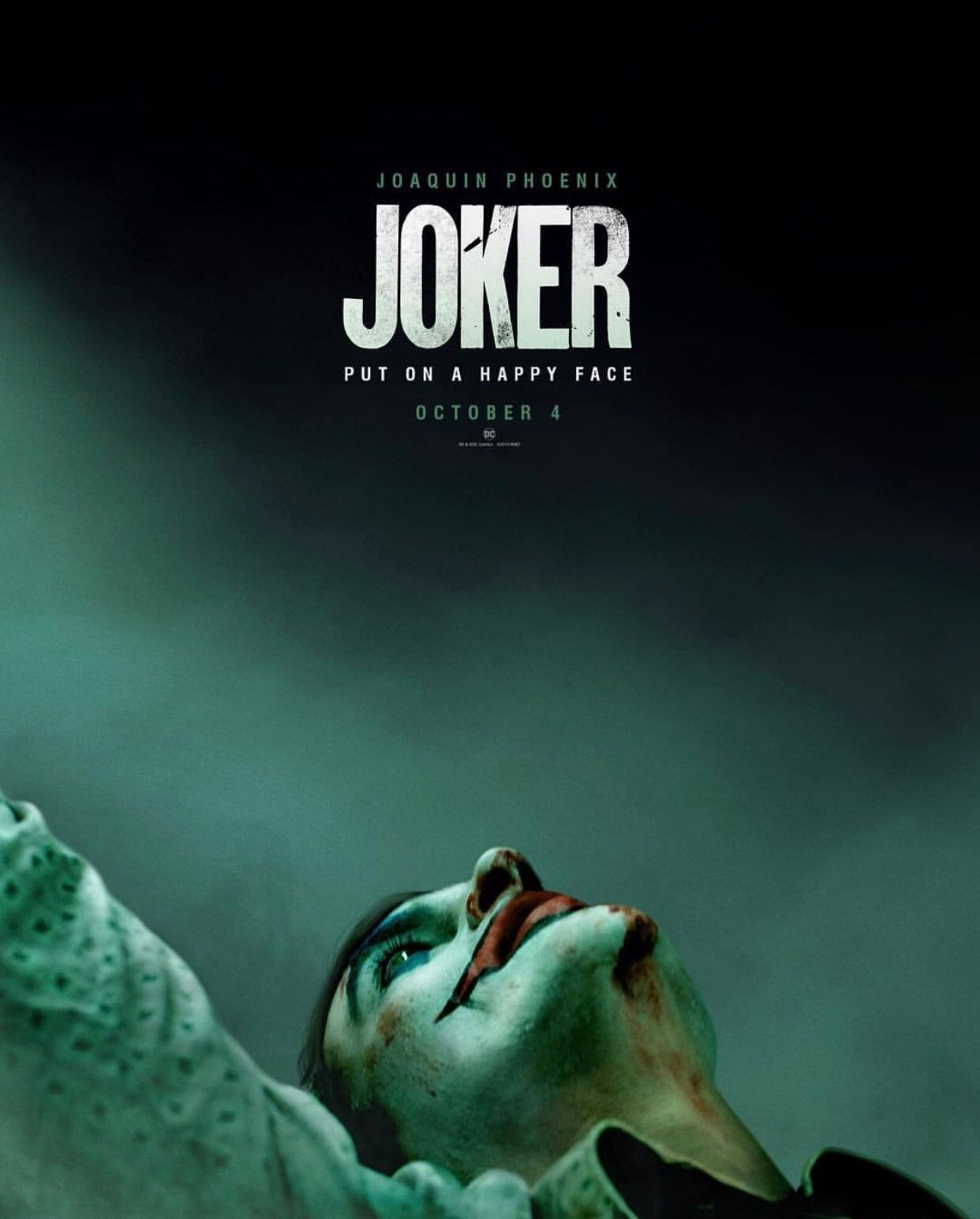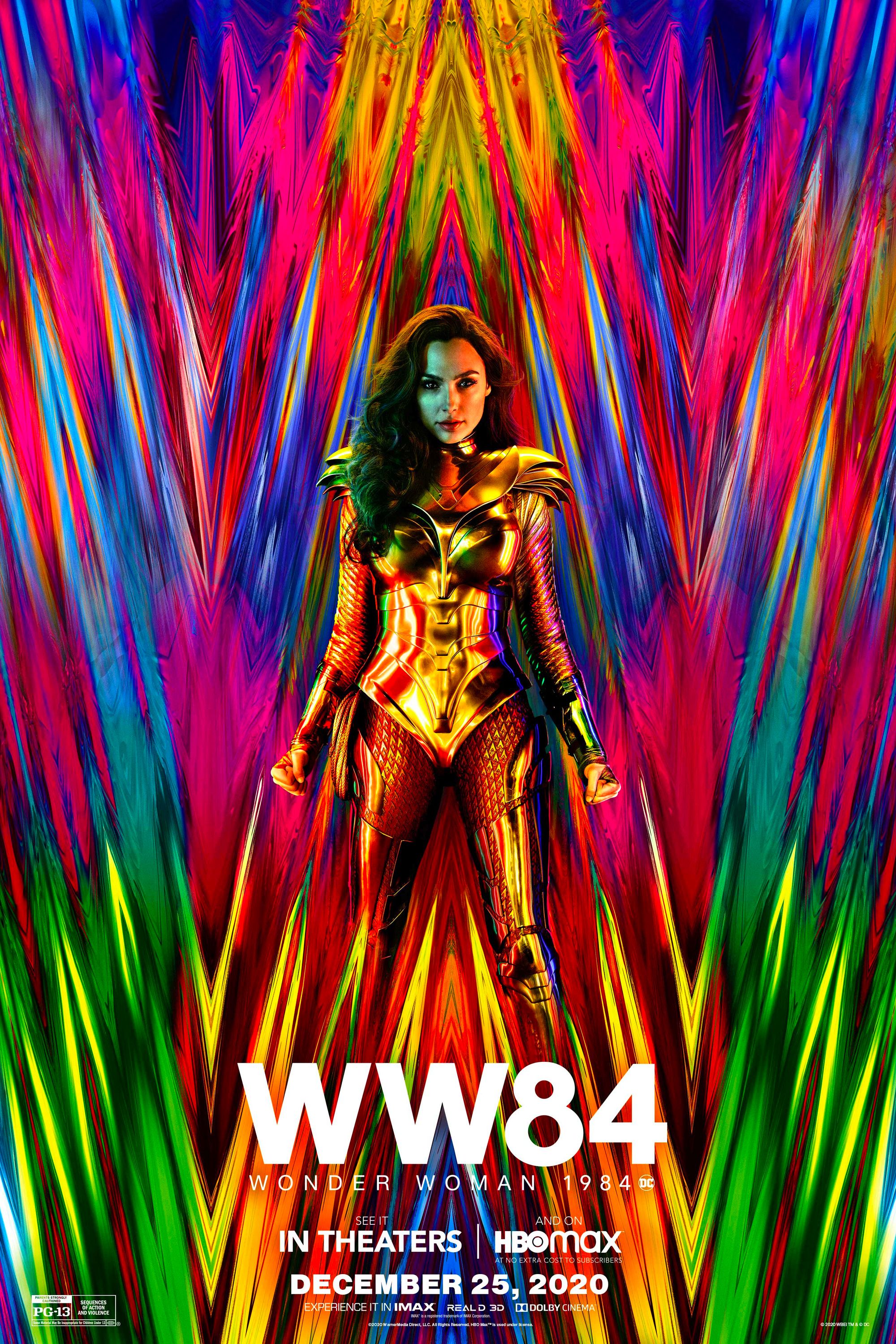Not unlike Batman in the Dark Knight trilogy, Aquaman has ended up becoming the film that DC needs, but not necessarily what it deserves. After a somewhat bumpy start - mostly critically rather than financially - to the DCEU, with films like Man of Steel, Suicide Squad, and Justice League, Aquaman may well be a launching pad for the future of the franchise.
The concept of bringing Aquaman to the big screen has rarely been taken seriously prior to the current iteration. Between a failed attempt in the early 2000s and the fake Aquaman film from James Cameron in the HBO series Entourage, Arthur Curry wasn't getting quite as much respect in realm of superhero adaptations - especially compared to characters like Batman and Superman. The fact that his reputation revolved around the ability to speak with fish certainly didn't help either. Now, the tides have turned.
Related: Aquaman's Biggest Unanswered Questions
Following its critical and box office success, Aquaman is on its way to become one of the most successful movies in the DCEU, alongside Wonder Woman. Despite initial concerns - mostly regarding whether its tonal shift from earlier DCEU films would work, as well as whether or not audiences would embrace Arthur as a leading man - Aquaman has surpassed expectations. How it managed to pull off its growing successes, as well as what sort of effect it'll have on the future of the DCEU, are just two elements of how this DC underdog catapulted itself to the top.
- This Page: WB Is Learning From The Past & Embracing The Competition
- Next Page: How Aquaman Is Changing The DCEU's Future
Warner Bros. is Learning from Past DCEU Mistakes
"Why do we fall? So we can learn to pick ourselves up." This is the running quote (and theme) in Christopher Nolan's Dark Knight trilogy, and even though those movies aren't canon within the current DCEU, the sentiment still applies. When Zack Snyder became attached to the DCEU as the franchise's creative navigator, he was bringing to the table - for better or worse - a style that audiences had become familiar with with films like Watchmen, 300, and Sucker Punch. He was brought aboard to spearhead a new era in DC Comics adaptations, and as inspired as his approach might have seemed, it didn't land quite as well as fans, studios, or even the overall general audience might have liked.
As a kind of antithesis to the Marvel Cinematic Universe, Snyder's DCEU was ultimately criticized for its dour approach to the characters and storylines, rushed, and uncoordinated planning (especially compared to the noticeably more structured MCU), and seemingly underdeveloped direction overall. From an artistic standpoint, the criticisms were subjective; but, statistically speaking, the DCEU wasn't nearly as successful as it needed to be, though most of the movies were still in the green. So, like any product, it needed an overhaul, and to keep the DCEU afloat, Warner Bros. needed to make waves with an all-out redesign.
Related: DCEU Complete Movie Timeline (From Man of Steel To Aquaman)
With Aquaman, it's clear that Warner Bros. is far more interested in reading the room, so to speak, than trying to distinguish itself from the competition. This is precisely why director James Wan has ditched the tone of earlier DCEU films (save for Wonder Woman, which more or less began the transition towards a more realized - if not more traditional - direction) in exchange for a campier tone, a more familiar aesthetic, and even old-fashioned happy endings.
The DCEU is Embracing the MCU’s Success
It's never easy admitting to a mistake - especially when said mistake costs hundreds of millions of dollars. So, for that, Warner Bros. deserves credit for not only not jumping ship and "rebooting" the DCEU after Justice League failed to meet expectations, but for the willingness to pull a creative 180 degrees, reroute their trajectory, and essentially change their approach entirely for a second round comeback.
Warner Bros. and Snyder initially wanted to set the DCEU apart from the MCU so much so that it differed to a fault. (This is evident with Snyder's five-movie DCEU plan.) While their intentions might have been admirable, they ultimately alienated audiences, turning what should have been a downward slope towards success into an uphill battle. So, considering that Marvel Studios already mastered the comics adaptation formula (its success speaks for itself), Warner Bros. isn't as precious with their unique appeal as they were initially. The DCEU is evidently less worried about its identity than it is about widening its mainstream appeal - which might seem disheartening from one angle, but is ultimately more conducive to the DCEU's overall success and survival.
Related: How Aquaman Impacts the Chances for a Justice League Snyder Cut
That said, adhering to an MCU-style formula doesn't make Aquaman and all post-Aquaman movies within the DCEU sellouts. They're simply adhering to a more user-friendly and familiar template. And, in fact, this very approach is itself just the foundation of how Aquaman has singlehandedly helped reshape the DCEU's entire future.
Page 2 of 2: How Aquaman Is Changing The DCEU's Future
Aquaman is Crafting a New Identity for DC
The same lack of confidence surrounding Aquaman also surrounded Wonder Woman, back in 2017, prior to its release. When Wonder Woman finally debuted, though, the general tone changed. Still the highest-rated DCEU film on Rotten Tomatoes, Wonder Woman introduced an aesthetic into the franchise that hadn't been seen before, but was still familiar - considering audiences likened it films in the MCU like Captain America: The First Avenger. Now, Aquaman is following suit. More of an aesthetic reboot than anything else, Aquaman doesn't upend what came before, but gives the DCEU a fresh coat of paint.
Related: Justice League's Unite The Seven Makes Less Sense After Aquaman
Placing Aquaman side-by-side with any other film in the DCEU (Wonder Woman excluded) highlights these changes, dramatically. The raw, mostly grounded approach to something like Man of Steel is a far cry from the overtly fantastical personality of Aquaman; the overarching sense of hopelessness is traded in for an arguably safer, but still more rewarding, sense of optimism; and even the color saturation has been given a face lift. By no means was the first phase of the DCEU void of the occasional spark of magic, but there was certainly room for improvement for the sake of mass appeal.
Compared to other members of the Justice League, Arthur feels like a proper hero (though, in all fairness, he had the opportunity to flesh out a slightly longer arc, seeing as he's shown up in two other movies prior to Aquaman, whereas characters like Bruce Wayne and Clark Kent - popular though they may be - had underdeveloped introductions). That's attributed to Warner Bros. realizing the benefit of checking off all the necessary boxes that give successful blockbusters a leg up. The fact that Momoa also injects some every man charisma into his devil-may-care demeanor adds some contrast to his super powers, giving audiences something to latch onto.
What Aquaman Teaches The DCEU Going Forward
Even though it might have seemed as if the DCEU had one foot in the grave, the future is bright (and not just because Aquaman and upcoming movies in the franchise are literally brighter). Warner Bros. learned from its mistakes, and it's already showing - from the trust they offer new directors on their films to the unique approach they're taking to leaving room for the darker aesthetic without sacrificing the necessary changes they've made (and are still in the process of making).
Working on Aquaman, Wan was given immense creative freedom. In fact, he would take the blame for Aquaman's failure. (Luckily, that didn't turn out to be the case.) This same creative freedom is now applying to yet another entry in the DCEU with Matt Reeves on The Batman; and, while there's no guarantee that this sort of freedom automatically makes for a better movie, it's proof that Warner Bros. is willing to not only trust the process, but the artists as well. It opens the door for a wider reach for identity - not only for the DCEU as a whole, but for the individual films. Considering that franchises that loosen their grip on creative control tend to show their strengths (Bumblebee is a prime example of this within the Transformers franchise), it's that much more exciting for fans to see what filmmakers like Reeves, Patty Jenkins (Wonder Woman 1984), David F. Sandberg (Shazam!), and Cathy Yan (Birds of Prey) will bring to their respective films.
Related: Aquaman: The Best Justice League Easter Egg You Missed
Warner Bros. also made the smart decision to not disown the darker angle in their DC Comics adaptations altogether, but simply create a separate label that would better suit a less family-friendly tone. With this new non-DCEU movie label (the final name hasn't been decided on yet, and it's currently rumored to be either DC Dark or DC Black), a film like Joker can exist outside the constraints of a mainstream rating. Warner Bros. can now essentially have the best of both worlds.
When all is said and done, it's especially promising to see how forgiving audiences can be. The DCEU missed the mark on meeting certain expectations (yes, it has its fans, but its shortcomings in terms of critical reception and box office returns aren't subjective), but fans were willing to let it develop - to see where it could go. Audiences may have accepted a rebooted franchise as an inevitability if that turned out to be the case, but Warner Bros. did them one better and, instead of throwing in the towel, learned how to follow the unofficial DC code and pick themselves up.

